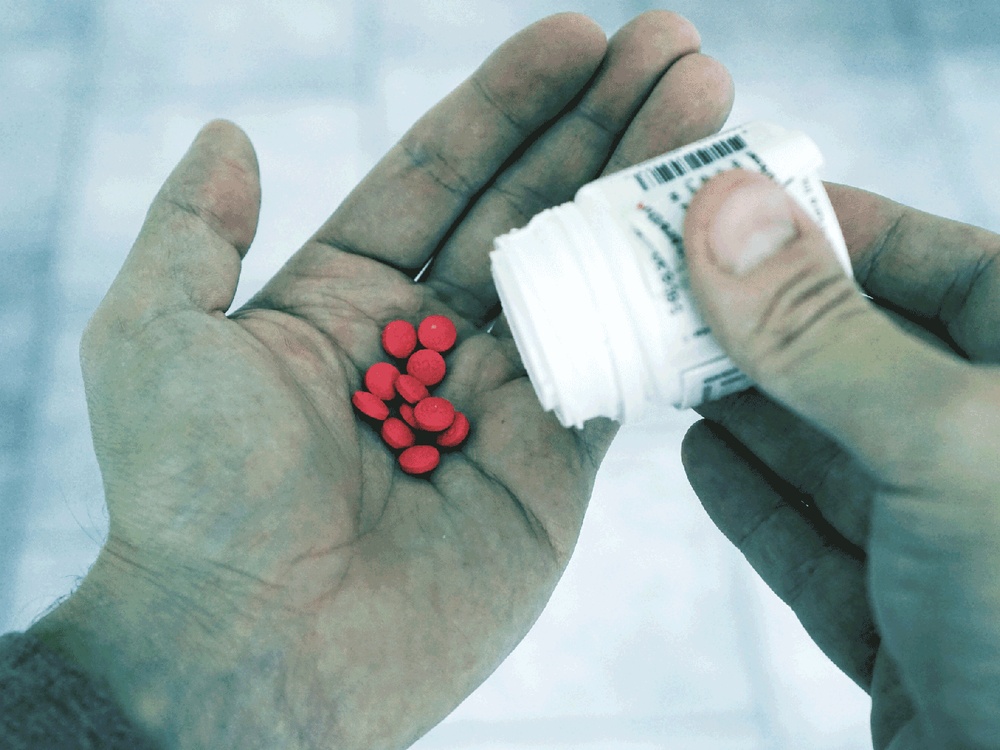The two-day conference, held from 1-2 November in Amsterdam, was organised by International Mito Patients (IMP) and part-sponsored by The Lily Foundation. The event was attended by leading mitochondrial experts from around the world, including specialist doctors, paediatricians, pharmacologists, toxicologists and researchers.
The aim of the conference was to improve and update information currently available to mitochondrial patients about potentially harmful drugs used to treat mitochondrial disease.
The IMP provides a list of such drugs on its website, which is used by both patients and doctors who are not specialists in mitochondrial disease. The list is to be expanded and updated, using evidence collated from the latest scientific research studies.
Another aim of the workshop was to improve how the information is presented, using feedback and input from patients including IMP members and Lily Foundation patient groups.
"We're delighted and proud to be supporting and contributing to this very important initiative," said Alison Maguire, Head of Research and Finance at The Lily Foundation. "Mitochondrial disease is a very complex condition, and drugs used to treat its symptoms affect patients in different ways. So it's important to provide clear information about the potential risks associated with each drug, while acknowledging that some mitochondrial disease patients do well on some of these medications."
She added: "Providing an accurate and up-to-date list of potentially harmful drugs is in line with our policy of empowering patients, and non-specialist doctors, with the very best information and advice about mitochondrial disease and how to manage it."
Insights from the conference will be published in a scientific paper for peer-review, from which a layman's list will be composed and translated into multiple languages. There are also plans to present the information in an app, which could be used by medical professionals, patients and their families.
The new list will provide significantly more information regarding not only which drugs are deemed to be potentially harmful to mitochondrial disease sufferers, but the reasons behind the findings and an indication of the depth of research that has been done in each case.
A steering group made up of delegates from the conference will communicate regularly to discuss ongoing reviews of new drugs and research studies, to ensure the list of potentially harmful medications is kept accurate and up to date.

